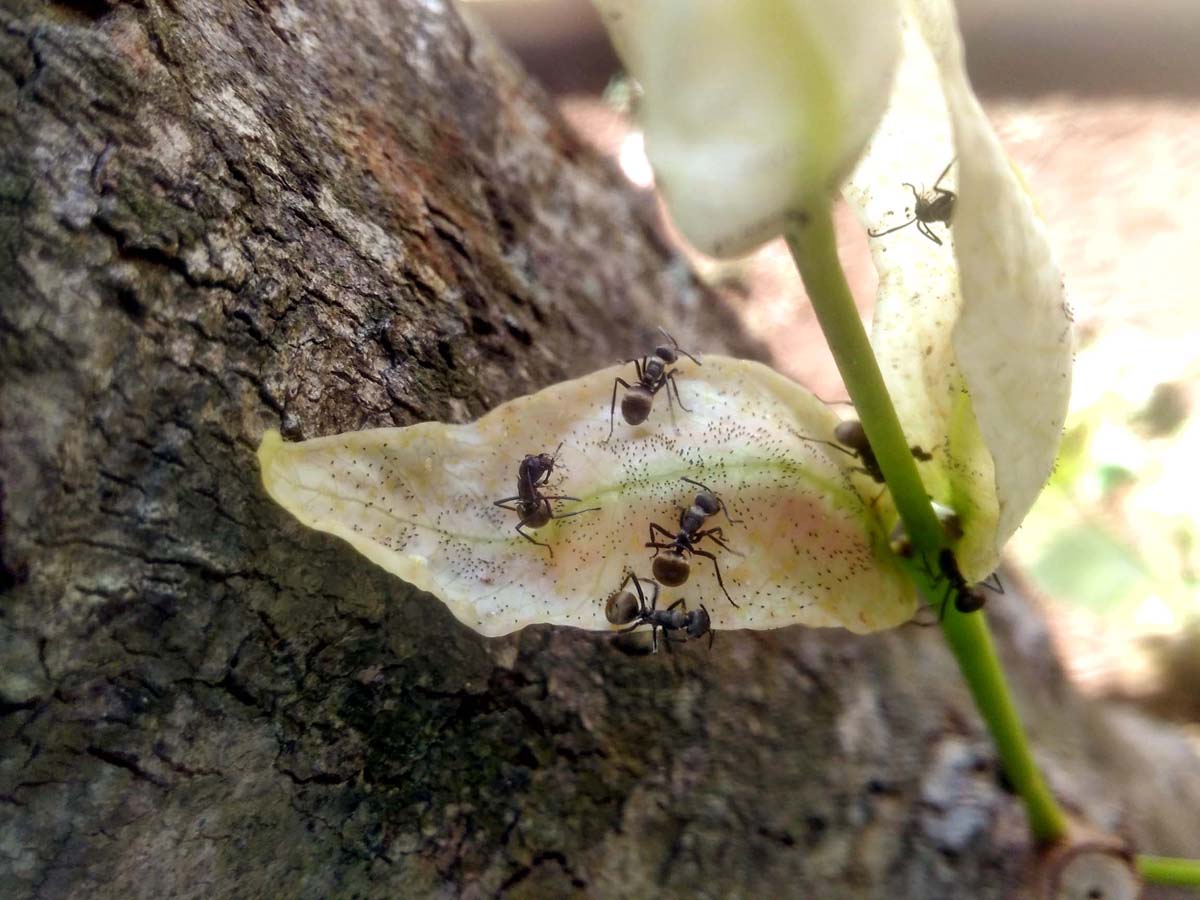Ramadan is approaching and a lot of people, Muslims in particular, are getting more excited to welcome the Holy Month. While pandemic has not yet halted, it no longer drives people to panic. However, the impact of Covid-19 has been obvious that more employees or workers are now jobless. No wonder that economic consequences are inevitable that many people are currently struggling to make their ends meet. What an unbearable challenge!
During the global pandemic, it is entirely our choice to despair in helpless complaint or to remain hopeful while doing our best. And M. Eddy Firdaus, also known as Edo, takes up the latter. He has decided to rise in the calamity by promoting a brand of his own from Pekalongan a city he currently resides.
Sarung Tentrem (ST) is the very brand he has chosen to represent both his passion and economic aspiration for the last seven months. Yes, ST has not even been a year in business. Edo clearly understands that Pekalongan has long been famous for its batik in addition to Yogyakarta. He builds strong confidence in his relatively new batik sarong due to Sarung Tentrem‘s batik pattern that looks fresh and dynamic.
He grows optimistic that during pandemic local products have gained positive sentiment in the global market. Local products across Indonesia have proven to be a huge potential success of economic value. His choice positively confirms his conviction as the batik sarong he produces has received a massive response from targeted consumers.
Preserving local treasures
Edo is driven to start up the business due to his concern of high prevalence of stamped batik craftsmen who were forced to lose their job down to the global pandemic. He wants to have their skill utilized to generate income. In addition to earning money, Edo wishes that Sarung Tentrem will be a vehicle to preserve highly-treasured tradition of unique Pekalongan batik passed down from generation to generation.
 |
| Sarung Tentrem appears in unique batik design and vivid color. |
Targeting male consumers of upper middle-class, Sarung Tentrem appears special in the market as the stamped batik pattern carries an added value. It is the omission of pola sorot (highlight pattern) normally found in similar product made by competitors. The absence of pola sorot clearly makes the batik design more flexible and uniquely fresher.
All-seasons outfit for male customers
Stamped on high quality fabric and coupled with dynamic batik pattern, Sarung Tentrem is expected to reach a larger scope of market other than Javanese consumers. This is to say that his batik sarong is possible for male customers regardless of their race, culture and faith.
Not only is Edo’s batik sarong unique in design, its dimension is relatively larger as compared to other batik sarongs available in the market. This makes the sarong ideal for daily use as well as important occasions including religious ceremonies. While women here in the country has long been pampered with batik lounging gown (known as daster), it is now men’s turn to grab fabulous picks of Sarung Tentrem for all seasons. Either casual or formal, the batik sarong will make any moment even more perfect as well as extraordinary.
 |
In an interview Edo told that Sarung Tentrem may be the pioneer of modern batik sarong in Indonesia as it is done manually using batik stamp instead of automatic manufacturing machine. It is no coincidence that the market has become larger and larger. While the majority of customers are from Pekalongan, he cannot deny that other cities across Indonesia and even foreign countries like Malaysia and Singapore has been in the market breach.
“All are local people, and very enthusiastic,” Edo confirms the involvement of local labors and craftsmen.
He prefers local teams to handle the business to generate social empowerment that will contribute to people’s welfare in the neighborhood. Everyone in his teams are passionate to make Sarung Tentrem bigger recognizing that Pekalongan keeps a bounty of local treasures awaited for further exploration to be adopted into various products for national and global market.
Digital marketing trend has contributed positively to Sarung Tentrem’s sale. Edo points out his online batik sarong gains 90% of total sales. About 70% of the figure is made by transaction via the company’s official website on sarungtentrem.com. This is but the benefit of the IoT (Internet of Things) in which everything is interconnected to allow people interact easily, including making purchases despite their locations sparse around the globe.
 |
| Sarung Tentrem is all you need when it comes to special occasion you will cherish. |
From Edo we learn that starting up business must not be in ideal situation where everything is well-established. Sarung Tentrem is rising when the world is being hit by a hazardous pandemic. The key to a successful start-up business is the ability to seize opportunities that arise without delaying any further in order to create products of high versatility and uniqueness in design generated from local treasures—just like Sarung Tentrem.
So if you gentlemen are seeking an all-seasons outfit, something you can combine with high versatility, then Sarung Tentrem is definitely yours to possess. All men from different backgrounds, including faith and nationality, will appear charming in this batik sarong due to its fabulous design and vivid color.
























